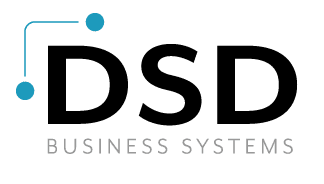Best HR Practices For Achieving Organizational Goals
HR practices form that foundation on which a company’s human capital operates. For instance, a typical HR practice would be to create a program that reduces work-related injuries or building the framework that ensures that laws pertaining to employment are properly adhered to.
HR practices, when practically and effectively applied, lead to the development of able leaders among employees.
This is possible through extensive motivational programs and training courses like developing systems that direct and assist the management to correctly carry out performance appraisals and to create avenues for employees to advance in their careers. The following are some of the best HR practices to achieve organizational goals.
- Role of HR practices in creating a safe, happy & healthy work environment: It is the principal responsibility of the HRD department to create a safe, happy, and healthy work environment that increases the comfort levels of employees and ensures their loyalty to the organization. Conducting frequent surveys to garner employee feedback is one such practice.
- Transparency is the key in effective HR practices: The open book style of management that encourages information sharing on issues like sales, contracts, management objectives, new clients, personal data of employees and company policies is one of the best HR practices that makes a workforce more united and enthusiastic. It involves employees in making strategic decisions and aligns them with business objectives. Such openness is possible through tools like employee self-service portals, regular newsletters and open forums for face to face interactive sessions.
- 360-degree feedback system for performance management: This system solicits feedback from bosses, seniors, subordinates, and peers on performance and makes every employee responsible for giving appropriate and constructive feedback and suggestions for improvement. Acts as a binder of the organization.
- Performance linked bonus: Awarding a bonus is among the other effective HR practices to boost employee performance, provided employees understand that such an incentive will be payable only if the company touches a certain profit level. It could also be governed by team success and/or an individual’s performance. Works well for employee retention, too.
- Fair & just evaluation system: A system of evaluation that links individual performances to all corporate business objectives and goals clearly should always be in place with each employee having clearly defined reporting relationships. Self-rating could be encouraged as an evaluation process to empower employees. Moreover, to ensure higher objectivity, each employee could be evaluated by a reviewer from the next higher level apart from his immediate boss.








